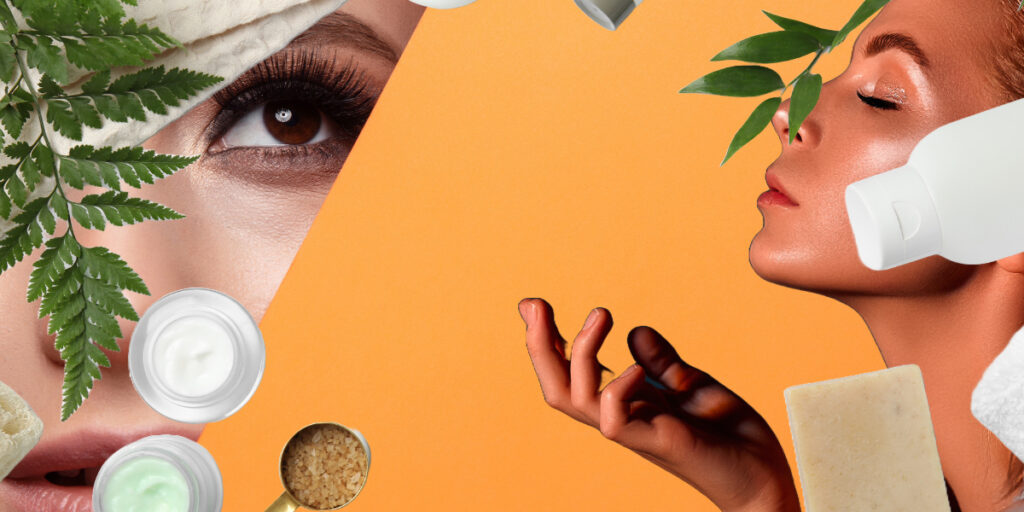Aesthetic medicine treatments are becoming increasingly popular, offering a wide range of opportunities to improve appearance and well-being. To ensure that the procedure is safe and effective, it is important to properly prepare for it. Here are some key steps to keep in mind::
Before the procedure
Preparation for an aesthetic medicine procedure requires careful planning and adherence to several key principles. Here's a detailed overview of the individual steps:
Doctor's consultation:
Before proceeding with any procedure, it is necessary to consult with a qualified doctor of aesthetic medicine. During this meeting, your doctor will carefully assess your skin condition, understand your expectations, and select the most appropriate treatment. This is also a time to discuss your current health status-it is important that you inform your doctor about all the medications you are taking, any allergies, past illnesses, and your overall health.
Withdrawal of certain medications:
Depending on the type of procedure you plan, your doctor may recommend that you stop taking certain medications that may affect the healing process or blood clotting (for example, aspirin, certain anti-inflammatory medications, supplements such as omega-3, vitamin E, and certain herbs such as St. John's wort). Always follow your doctor's advice to stop taking medication before the procedure.
Avoiding the sun:
Direct sun exposure, especially a week before the procedure, can increase the risk of complications such as abnormal pigmentation after the procedure. It is recommended to avoid the sun and use creams with a high SPF (30 or higher) to protect the skin from UV light, which is especially important before treatments such as laser therapy or chemical peels.
Adequate hydration:
Proper body hydration is crucial, both before and after the procedure. Hydration helps maintain optimal conditions for the skin's healing processes, so it is recommended to drink at least 8-10 glasses of water a day in the days before and after the procedure.
Abstaining from alcohol and smoking:
Alcohol and nicotine can negatively affect blood circulation and healing processes, so it is recommended to avoid them at least 24-48 hours before and after the procedure. Alcohol dilates blood vessels and can lead to more bleeding and swelling, as can nicotine, which can reduce blood flow to the skin and thus hinder the healing process.
Light makeup:
If you are planning a facial procedure, such as filling in wrinkles or botox, your doctor may recommend that you come to the procedure without makeup. This will allow the doctor to thoroughly evaluate and disinfect the treatment area, which is crucial for the safety and effectiveness of the procedure.
On the day of the operation
Preparing for the Day of the procedure is just as important as the procedure itself. Here are some tips to help you feel comfortable and safe during your visit:
Comfortable outfit:
Wear loose, comfortable clothing that doesn't constrict your body and is easy to take off and put on. This is especially important if the procedure is performed in hard-to-reach places or requires undressing, for example, during body treatments. Choose clothes that will not restrict your movements and will not be destroyed by possible means used during the procedure (for example, creams, oils).
Punctuality:
Do your best to arrive at the site at least 10-15 minutes before the scheduled procedure time. This gives you time to fill out additional documents, rest before the procedure, and discuss the latest details with your doctor. Punctuality is also a form of respect for the clinic staff and other patients.
Without makeup:
If the procedure concerns the face, come without makeup. It is important that the skin is clean and free of any products that may affect the results of the procedure or lead to infection. If for some reason you can't remove your makeup at home, contact a clinic-many places offer the option of removing makeup immediately before the procedure.
Information about medicines:
Prepare and take with you a current list of all the medications you take, including supplements and herbs. It is important that your doctor knows what you are taking to avoid unwanted interactions with the medications used during the procedure or with the procedure itself.
Inquiry:
Write down any questions you have about the procedure and take them with you. Don't hesitate to ask about anything that concerns you, from the technical details of the procedure to the expected results and instructions about the recovery period. Knowledge is the key to peace of mind and confidence that you are doing everything you can to make your treatment as effective as possible.
Remember that every detail matters when you are preparing for an aesthetic medicine procedure. Good preparation can significantly affect the comfort during the procedure, as well as the effectiveness and speed of recovery.
After the procedure
After performing an aesthetic medicine procedure, it is equally important to have the right treatment that will provide the best results and minimize the risk of complications. Here are the key aspects you should pay close attention to::
Compliance with medical recommendations:
Immediately after the procedure, you will receive detailed skin care instructions from your doctor. These may include recommendations for the use of certain antibiotic creams, anti-inflammatory ointments, or products that accelerate healing. It is important to follow these guidelines carefully, even if symptoms such as redness or swelling disappear quickly.
Avoiding the sun:
Your skin will be particularly sensitive to UV radiation after the procedure, which can lead to blemishes or other skin damage. Avoid direct sunlight, and when going outside is unavoidable, apply a cream with a high SPF (at least 30) even on cloudy days. It is also recommended to wear a headdress and light long sleeves for extra protection.
Avoiding physical activity:
Avoid intense physical activity, which can lead to high blood pressure and the risk of bleeding or swelling at the site of the procedure. This includes avoiding heavy training, inclines, weight lifting, and intense aerobic exercise for at least a few days after the procedure.
Caution when removing makeup:
When you start applying makeup again, make sure to use a mild makeup remover. Use mild, odorless cleansers that won't irritate or mechanically damage your skin. Products designed for sensitive skin or after medical procedures are ideal. Always gently dry your skin with a clean, soft towel.
Monitoring effects:
Monitor the skin at the site of the procedure, paying attention to any disturbing changes, such as increased redness, swelling, pain, fever, or discharge that may be a sign of infection. If you have any doubts or unexpected symptoms, contact your doctor immediately.
Resume
Adequate preparation for an aesthetic medicine procedure involves several important steps: careful consultation with a doctor, withdrawal of certain medications, avoiding the sun, adequate hydration, and abstaining from alcohol and smoking. The day of the procedure requires punctuality, proper clothing and no makeup. After the procedure, it is extremely important to follow the doctor's recommendations, protect the skin from the sun, avoid intense physical exertion, gently cleanse the skin and monitor the consequences of the procedure. Proper operation at each of these stages will ensure safety and maximize aesthetic effects.
Thank you to Chloe Clinic for collaborating on this article. Your experience and professionalism in the field of aesthetic medicine have made a significant contribution to its essential value. We invite everyone to visit Chloe Clinic for more information about the services offered and opportunities to improve your appearance and well-being.







